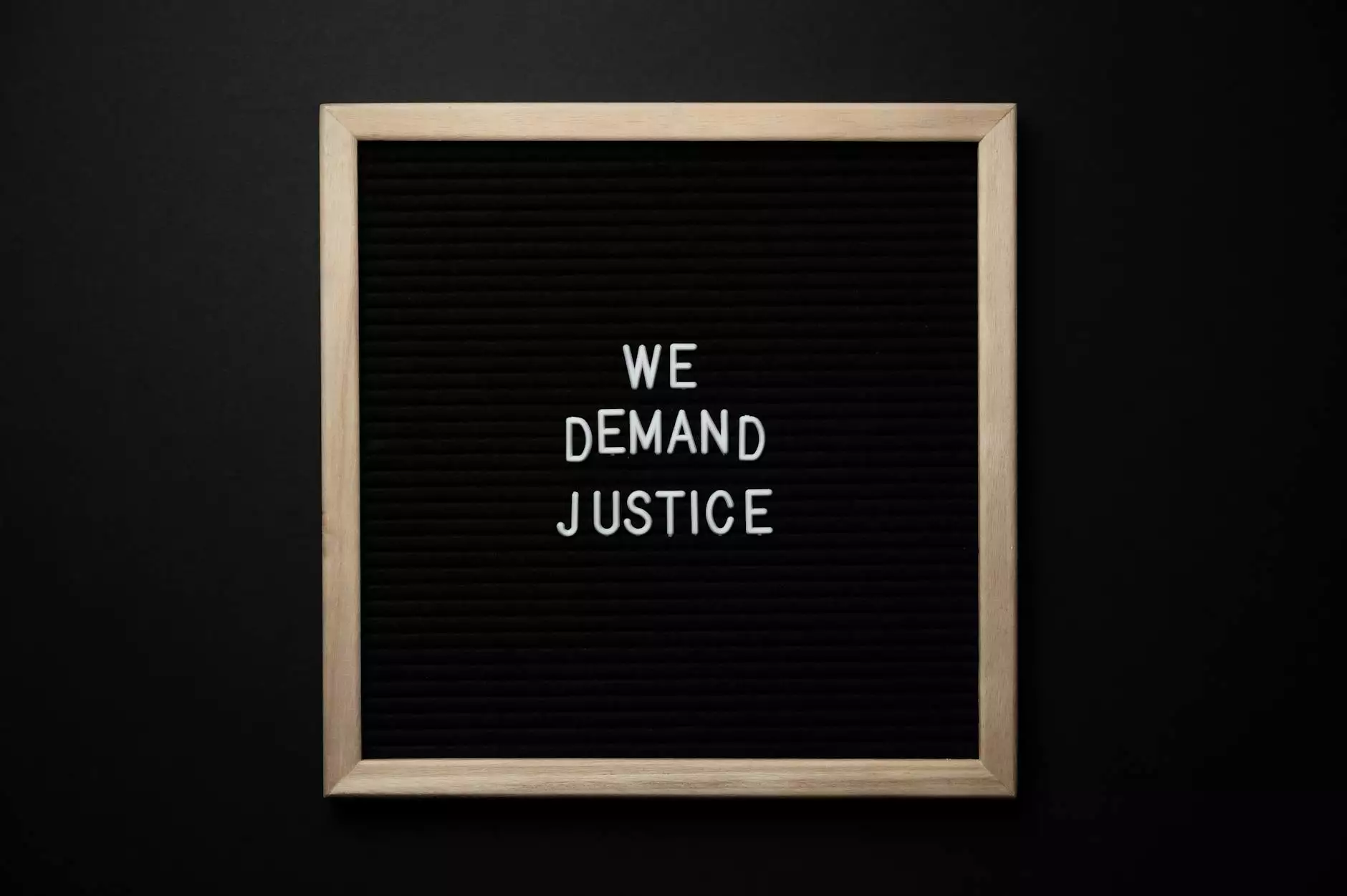What happens to a deceased person's debt in Iowa?
Practice Areas
The Legal Perspective
When a loved one passes away, it can be an emotionally overwhelming time. Apart from coping with the loss, there are various legal matters to consider, including what happens to their outstanding debts. In the state of Iowa, the handling of a deceased person's debt follows specific guidelines outlined by the law.
Understanding Iowa's Probate Process
In Iowa, the process of managing a deceased person's estate, including their debts, involves probate. Probate is the legal procedure by which a deceased person's assets are distributed and their outstanding debts are settled. It is important to consult with an experienced attorney, such as Troy Powell Law Firm, to navigate the probate process effectively.
Notification and Priority of Creditors
Once the probate process is initiated, creditors who have a valid claim against the deceased person's estate must be notified. In Iowa, creditors typically have four months from the date of notification to file their claim. The personal representative of the estate is responsible for reviewing and validating these claims, ensuring that they are legitimate.
Order of Debt Payment
During the probate process, debts are typically paid in a specific order. Certain debts, such as funeral expenses and administration costs, have a higher priority and are paid first. Then, secured debts, such as mortgages or car loans, are addressed. Finally, unsecured debts, such as credit card debts or medical bills, are handled, often in accordance with their respective priority levels.
Insufficient Estate Funds
In some cases, the deceased person's estate may not have sufficient funds to cover all outstanding debts. When this happens, the estate is deemed insolvent. In Iowa, the personal representative must follow specific guidelines outlined by the law to distribute the available funds equitably among the valid creditors.
Exceptions and Legal Implications
It's important to note that certain types of debt may have exceptions or special provisions in Iowa law. For example, jointly held assets or assets with designated beneficiaries may pass outside of probate and not be subject to creditors' claims. Additionally, certain debts may be discharged upon the death of the debtor.
Consulting an Attorney
Understanding the complexities of handling a deceased person's debt can be challenging. It is always advisable to consult with an experienced attorney specializing in probate and estate law, such as Troy Powell Law Firm. Their expertise and guidance can help ensure that you navigate the legal process smoothly and protect the interests of the deceased person's estate and the rightful beneficiaries.
Contact Troy Powell Law Firm for Expert Legal Advice
Troy Powell Law Firm is a leading legal source for comprehensive legal solutions in Iowa. With extensive experience in probate and estate law, their team of expert attorneys can assist you with all aspects of handling a deceased person's debt and estate. Contact Troy Powell Law Firm today for professional legal advice and guidance tailored to your specific situation.










